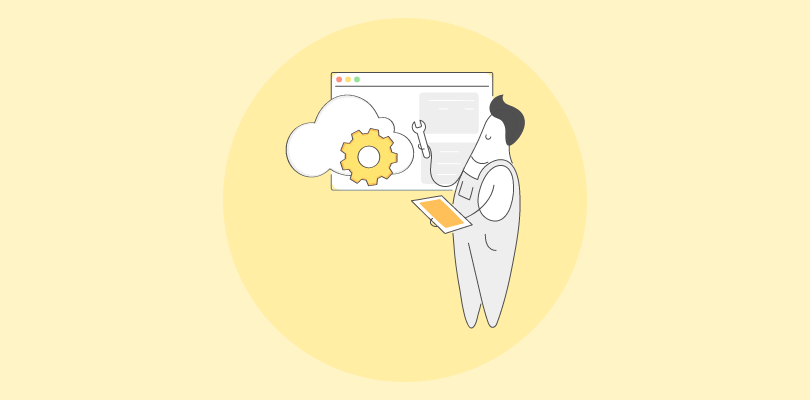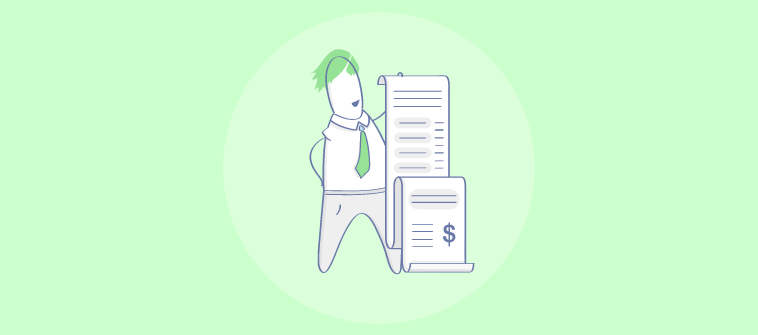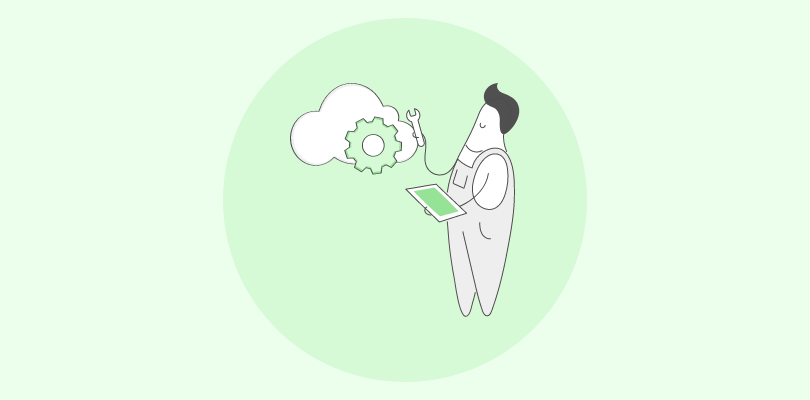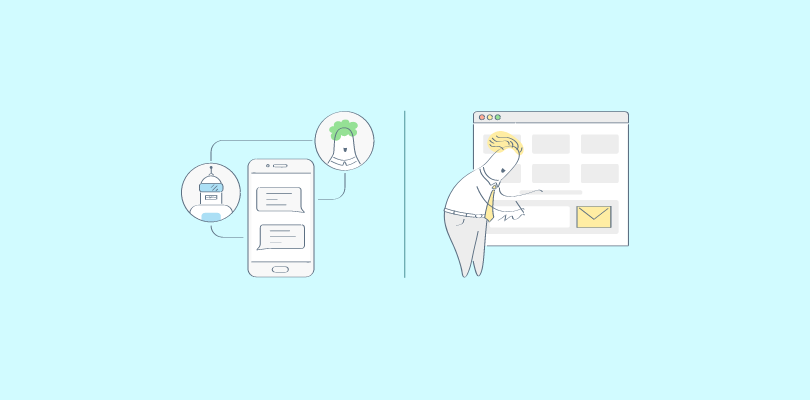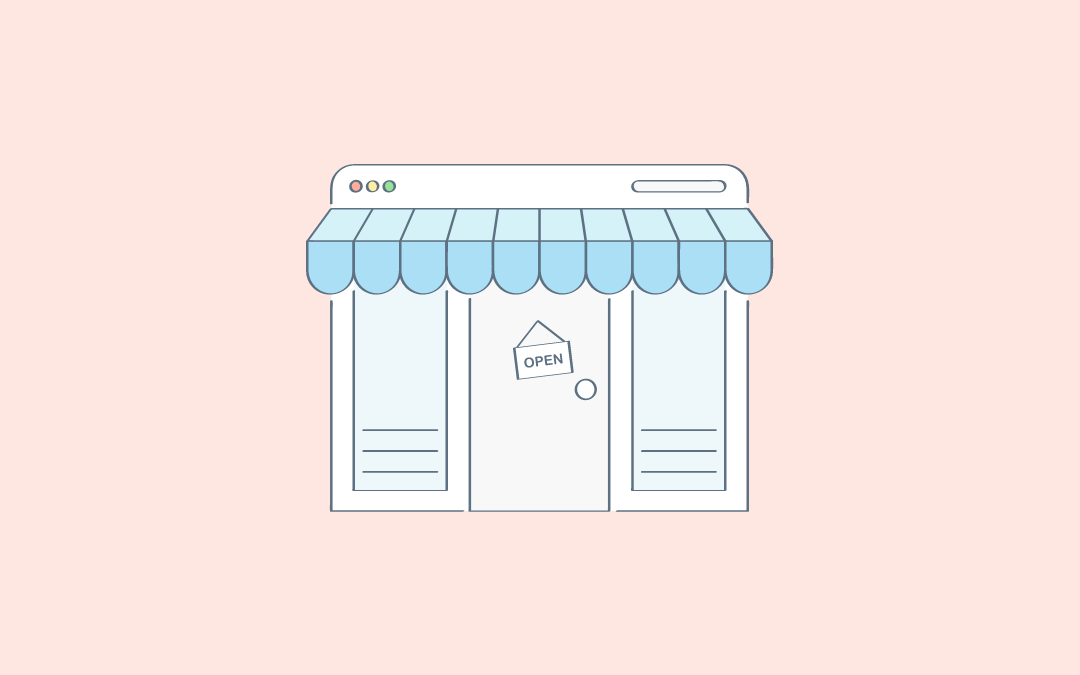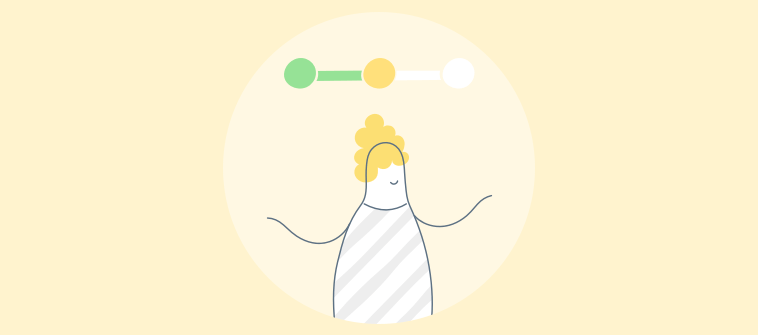Imagine if healthcare providers could understand patient needs before they even step into the clinic. Healthcare CRM can turn this possibility into reality!
Such a system is not just about storing data; it’s about leveraging it to provide personalized care, improve patient satisfaction, and optimize administrative workflows.
In this detailed guide, we’ll explore healthcare CRM benefits. From boosting patient retention to managing operations, understanding these benefits can help healthcare providers make informed decisions about integrating CRM into their practice.
What Is Healthcare CRM?
Healthcare CRM (Customer Relationship Management) is a specialized software designed to help healthcare organizations manage and streamline their interactions with patients and clients.
It enables healthcare providers to efficiently handle patient information, scheduling, billing, and communication, all in one centralized platform.
One of the key healthcare CRM benefits is its ability to enhance patient engagement. By tracking patient history and preferences, healthcare providers can deliver personalized care and improve the overall patient experience.
Additionally, healthcare CRM systems often include features for appointment reminders, follow-up care, and telehealth integration, making it easier for patients to stay connected with their healthcare providers.
What Is the Role of CRM in Modern Healthcare?
CRM’s role in healthcare is multifaceted and offers numerous benefits. Let’s explore its critical aspects.
1. Enhancing Patient Engagement and Experience
One of the primary roles of CRM in healthcare is to enhance patient engagement and experience. By leveraging CRM systems, healthcare providers can better understand patient needs, preferences, and behaviors.
The ability to track patient interactions across various channels, including phone, email, and in-person visits, helps deliver consistent and informed care – ensuring that patients feel valued and understood.
Moreover, CRM systems can automate appointment reminders, follow-up communications, and even health tips, contributing to a more proactive approach to managing patient health.
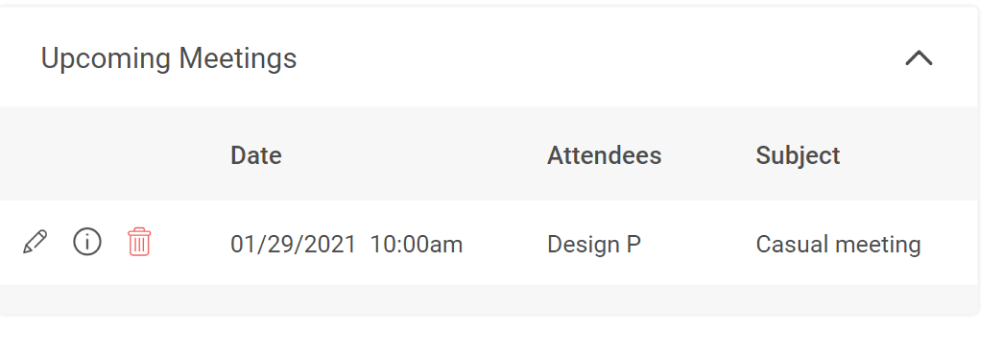
2. Streamlining Administrative Processes
CRM systems help streamline various administrative processes, reducing the burden on healthcare staff and minimizing errors.
CRM systems allow healthcare professionals to focus more on patient care by automating tasks such as patient scheduling, billing, and data entry. CRM systems also facilitate better coordination among different departments within a healthcare facility.
For example, a patient’s data can be seamlessly shared between the medical, billing, and customer service departments. This integration reduces the likelihood of miscommunication and ensures a smoother patient experience.
3. Improving Care Coordination
Enhancing care coordination is another major advantage of CRM in healthcare. By centralizing patient information, CRM systems provide healthcare providers with a complete view of a patient’s medical history, current treatments, and future care plans.
This comprehensive perspective enables more accurate diagnoses, timely interventions, and personalized treatment plans. This data-driven approach also helps in identifying trends and making informed decisions, which leads to improved health outcomes.
Additionally, CRM and healthcare systems facilitate collaboration among healthcare professionals, ensuring that all members of a patient’s care team have access to the necessary information to deliver the best possible care.
4. Facilitating Compliance & Data Security
In the healthcare industry, compliance with regulations such as HIPAA and GDPR is paramount.
CRM systems offer powerful security features, such as data encryption and access controls, to protect sensitive patient information. They also provide a transparent audit trail of all interactions and transactions, essential for regulatory compliance and accountability.
This transparency helps healthcare organizations monitor and review their processes, ensuring they adhere to industry standards and best practices.
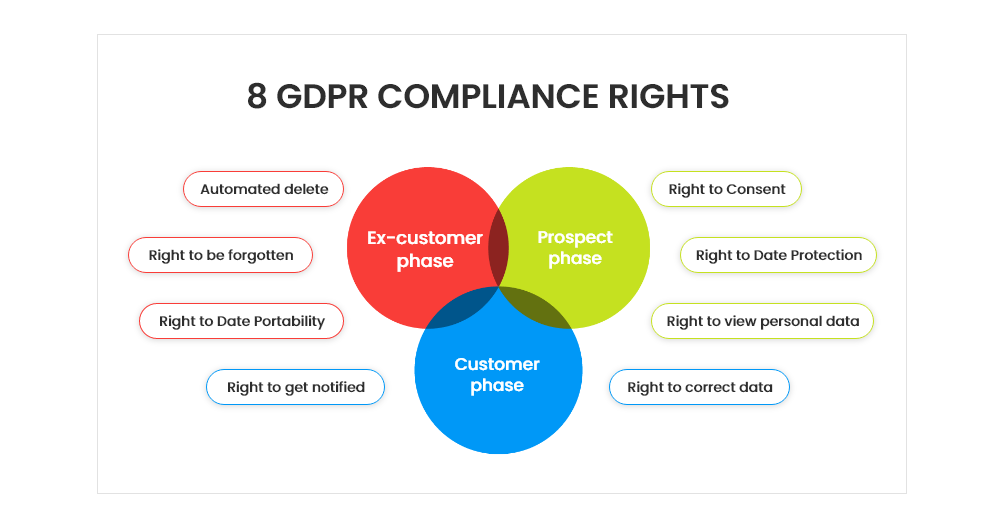
5. Leveraging Analytics for Better Decision-Making
Healthcare CRM systems are equipped with powerful analytics tools that provide valuable insights into patient behavior, service utilization, and overall operational efficiency.
These insights enable healthcare providers to make data-driven decisions, optimize resource allocation, and improve patient care strategies. For instance, CRM analytics can identify patterns in patient appointments, helping facilities optimize scheduling and reduce wait times.
They can also analyze patient feedback to pinpoint areas for improvement, enhancing the overall quality of care. By leveraging these insights, healthcare organizations can continuously refine their services to meet the evolving needs of their patients.
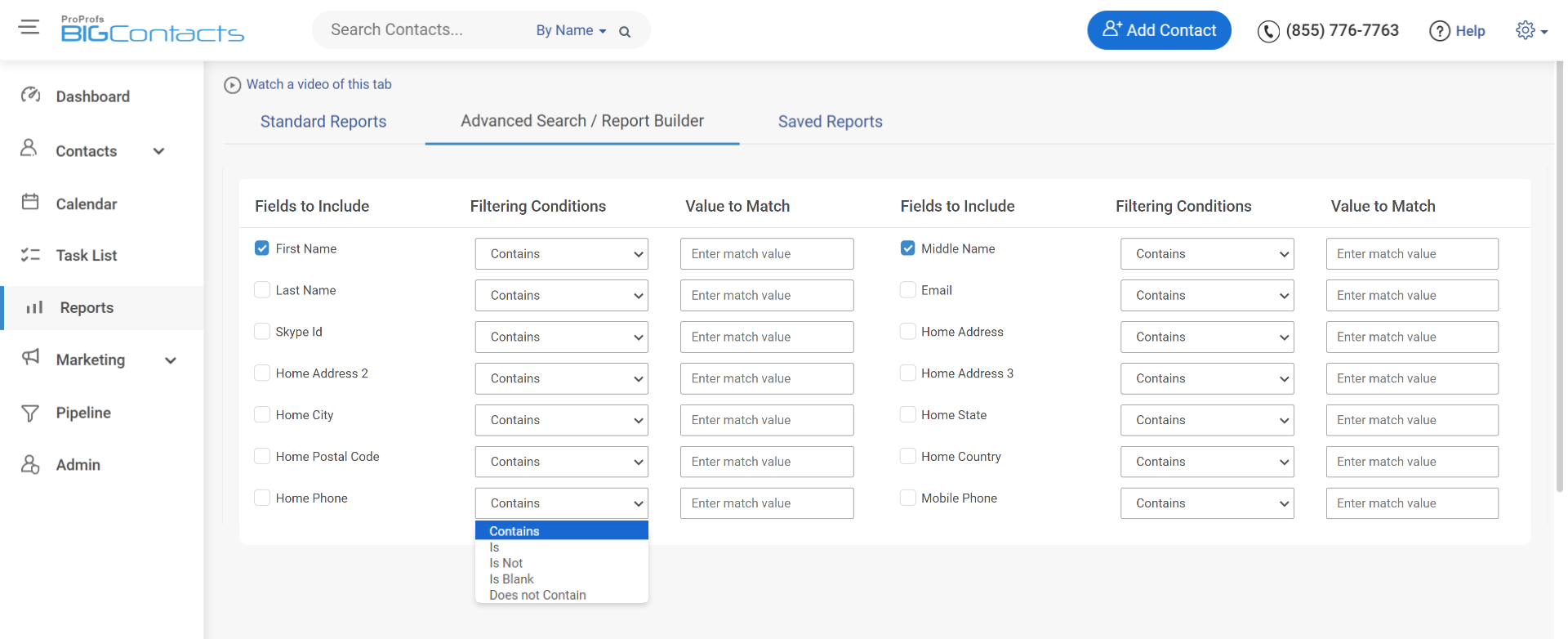
What Are the Key Features of a Healthcare CRM?
When choosing CRM software for the healthcare industry, it’s essential to consider specific features and functionalities that cater to the unique needs of healthcare providers. Here’s what to look for in a healthcare CRM.
1. Contact Management
Effective contact management is crucial in a healthcare CRM. This feature allows healthcare providers to store and organize patient and contact information in one place. It includes detailed records of patients, such as contact details, medical history, and communication logs.
This centralized approach not only makes it easier to access patient information but also ensures that healthcare providers can maintain consistent and accurate communication with patients.
2. Appointment Scheduling and Reminders
Efficient appointment scheduling and automated reminders are crucial in healthcare settings. The CRM should allow easy booking, rescheduling, and cancellation of appointments, reducing no-show rates.
Automated reminders via email or SMS ensure patients are well-informed and can prepare for their visits, improving overall clinic efficiency.
![]()
3. Integration with Medical Systems
A healthcare CRM should seamlessly integrate with other medical systems, such as Electronic Health Records (EHR), billing systems, and lab software. This integration allows for smooth data exchange, reducing manual data entry and the risk of errors.
It also provides healthcare professionals with a comprehensive view of the patient’s medical history, facilitating better clinical decisions.
4. Marketing and Outreach Tools
Marketing tools in a healthcare CRM can help in patient acquisition and retention. Features like email campaigns, targeted marketing, and patient satisfaction surveys enable healthcare providers to engage with patients and promote wellness programs.
These tools can also help in educating patients about preventive care and new services.
5. Customizable Workflow Automation
Workflow automation significantly streamlines administrative tasks like patient intake, billing, and follow-ups. A healthcare CRM with customizable automation features can greatly reduce the workload of staff, enabling them to concentrate more on patient care.
This automation not only enhances efficiency but also ensures consistency and accuracy in patient management processes.
Among the numerous healthcare CRM benefits, the ability to automate routine tasks stands out as a key advantage, freeing up valuable time for healthcare providers to deliver high-quality care.
6. Telemedicine Support
With the increasing demand for virtual healthcare, a CRM with integrated telemedicine features is invaluable.
This includes video conferencing, secure messaging, and remote patient monitoring capabilities. Telemedicine support not only expands the reach of healthcare services but also provides convenient care options for patients.
7. Patient Communication Tools
Effective communication tools are a significant aspect of any healthcare CRM. These tools should support multiple channels, such as phone, email, and chat, enabling healthcare providers to communicate with patients conveniently.
Features like patient portals allow patients to access their medical records, communicate with doctors, and manage appointments, enhancing the overall patient experience.
8. Analytics & Reporting
Analytics and reporting capabilities are vital for monitoring the performance of healthcare services.
The CRM should offer insights into patient demographics, appointment trends, and treatment outcomes. These insights help healthcare providers identify areas for improvement, optimize resource allocation, and enhance the quality of care.
9. Data Protection & Regulatory Compliance
In the healthcare industry, safeguarding patient data is paramount. The CRM software must comply with regulations like HIPAA in the United States, which mandate strict data protection standards.
Features like data encryption, access controls, and secure data storage are essential to protect sensitive patient information.
10. Patient Feedback & Satisfaction Surveys
Collecting patient feedback is essential for continuous improvement in healthcare services. A CRM with integrated survey tools allows providers to gather insights into patient satisfaction, identify areas for improvement, and gauge the effectiveness of treatments or services.
These surveys can be automated and customized to ask specific questions about the patient’s experience.
By analyzing feedback, healthcare providers can make informed decisions to enhance service quality, address patient concerns promptly, and ultimately improve patient loyalty and retention.
Many healthcare providers are turning to CRM systems like BIGContacts to streamline this process. This CRM offers a comprehensive suite of tools designed specifically for healthcare providers, enabling them to collect and analyze feedback efficiently.
Here’s what Sennan Quigley, Manager at F3E says about using the BIGContacts CRM –
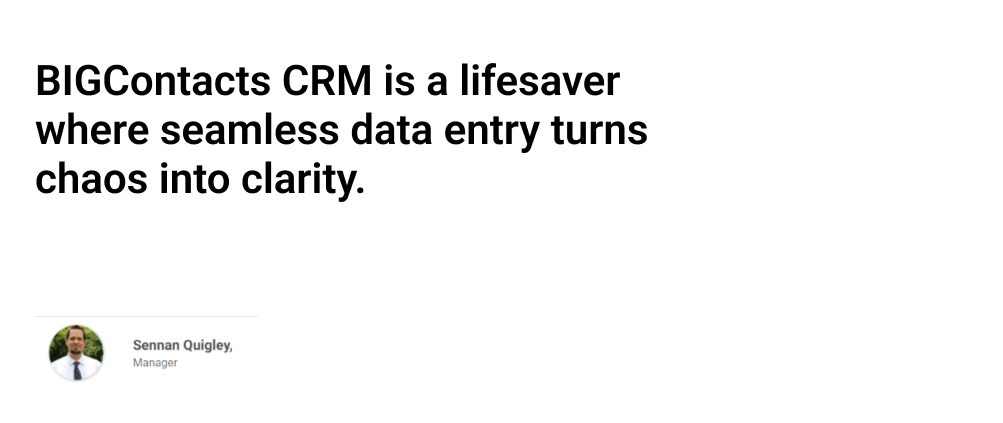
How to Choose the Right Healthcare CRM Platform
Choosing the right healthcare CRM platform can significantly enhance patient care, streamline operations, and improve healthcare outcomes. Here’s how to select the best CRM solution for your healthcare organization-
1. Identify Your Specific Needs
Every healthcare facility has unique requirements. Start by identifying what your organization needs most from a CRM system.
Consider the healthcare CRM benefits, such as better patient engagement, streamlined communication, and improved data management. These features can significantly improve your facility’s efficiency and patients’ satisfaction with your services.
2. Evaluate Integration Capabilities
It is crucial that a CRM be chosen that is integrated seamlessly with existing systems, such as Electronic Health Records (EHR) and billing systems, as applicable for mental health private practice, dental clinics, rehabilitation centers, and other healthcare settings. This integration ensures a smooth flow of information, reducing the likelihood of errors and enhancing overall efficiency.
In CRM and healthcare, integration provides a more comprehensive view of patient data, which can be used to personalize care and improve patient outcomes. The ideal CRM will not only integrate with current systems but also be adaptable to future technological advancements, ensuring long-term compatibility and effectiveness.
3. Focus on User Experience
A user-friendly CRM is essential for your staff’s adoption. If the system is too complicated, it can lead to frustration and decreased productivity. Look for platforms with intuitive interfaces and easy navigation, ensuring staff can use the system effectively without extensive training.
Additionally, consider how the CRM handles mobile accessibility. In healthcare, staff often need to access patient information on the go. A mobile-friendly CRM can provide the flexibility needed in a fast-paced environment, allowing for quick and easy access to critical information.
4. Assess Customization Options
Healthcare organizations often have unique workflows and processes. A CRM that offers customization can be tailored to meet these specific needs, making it more effective in managing patient care and administrative tasks.
Customization also allows for the development of specific modules or features that address particular challenges faced by your organization. For instance, if patient follow-up is a critical issue, the CRM can be customized to include automated reminders and follow-up protocols.
5. Consider Cost & Scalability
Budget is always a consideration in healthcare. While it may be tempting to choose a cheaper option, it’s important to consider the long-term value. Evaluate the total cost of ownership, including licensing, implementation, and ongoing maintenance.
Scalability is another crucial factor. As your organization grows, your CRM needs will likely change. A scalable CRM can grow with your organization, accommodating increased data volumes, additional users, and new functionalities without requiring a complete system overhaul.
Embracing the Future of Patient Care with Healthcare CRM
Healthcare CRM systems are revolutionizing how hospitals and healthcare facilities manage patient interactions, streamline processes, and enhance overall care quality.
The healthcare CRM benefits are clear: improved patient engagement, streamlined workflows, and better data management, all contributing to a more responsive and patient-centered approach. As healthcare continues to evolve, adopting a CRM system is not just a trend but a necessity for staying competitive and delivering high-quality care.
If you’re looking to implement a healthcare CRM, consider using BIGContacts. It’s designed to cater to the unique needs of healthcare providers, offering features that enhance patient management and communication.
Plus, with a forever free plan available, you can start leveraging these benefits without a significant upfront investment.
HealthCare CRM: FAQs
Is there a need for customer relationship management in the healthcare industry?
Yes, there's a significant need for customer relationship management (CRM) in the healthcare industry. CRM systems help manage patient interactions, improve communication, and streamline processes, leading to better patient care. They also enhance patient engagement and satisfaction, making them an essential tool for any healthcare facility aiming to provide high-quality, personalized care.
What are the misconceptions of CRM in healthcare?
Many people think CRM in healthcare is just for marketing or sales, but it goes beyond that. It’s often misunderstood as being complex or costly. However, CRMs can streamline patient management, improve care coordination, and enhance communication. Another misconception is that CRMs compromise patient privacy, but reputable systems prioritize data security and compliance.
What is the difference between healthcare CRM and EHR?
Healthcare CRM (Customer Relationship Management) manages patient interactions, communication, and marketing. It's about improving patient engagement and care coordination. EHR (Electronic Health Records), on the other hand, is a digital system for storing patients' medical histories, treatments, and diagnoses. While CRM enhances patient relationships, private practice EHR systems ensure accurate and accessible medical records tailored to smaller, independent clinics.
FREE. All Features. FOREVER!
Try our Forever FREE account with all premium features!



